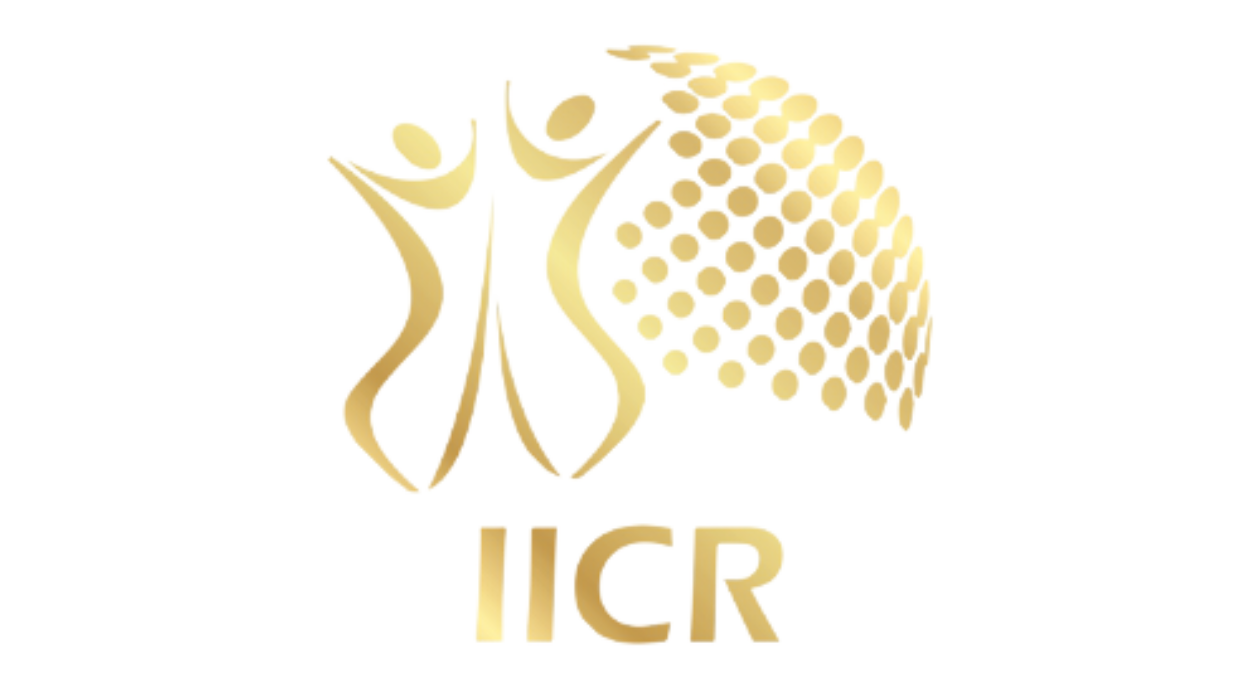
Chinese Sheer Growth and Lessons for Pakistan
Located at the new centre of global attraction for economic activity, Pakistan and Uzbekistan share a long string of relations. After the independence from the Soviets, Pakistan was among the first countries to recognise it.
In 1992, Pakistan established their first diplomatic sanctuary in Tashkent.
Since then, delegations from both countries have paid visits to each other.
The bond shared between the two countries lying in close proximity is strengthened by similar eastern culture and fortified by the religious ties. This sharing of cultural and religious values is clearly visible in the national language of Pakistan which borrows thousands of words from Uzbekistani language. This nexus is now getting even stronger with the increase in co-operation in the social and economic sectors.
Relations between both the states saw unprecedented growth in recent times, and this social integration is ever growing. During the last year only,
63 events such as seminars, presentations and business forums were arranged for the general public. Whereas, the Uzbek Embassy had a significant number of bilateral meetings with the top tier of the business community including several associations and unions. The same sentiment was reciprocated by the Pakistani side when more than 50 companies paid a visit to Uzbekistan with the purpose of investment. There were a number of exhibitions, events and investment forums in Tashkent, Jizzakh and Bukhara. Eight different Pakistani companies participated in such events.
In the economic sphere, Islamabad and Tashkent hold great trade potential
Uzbekistan and Pakistan have also been working on 38 different joint ventures for launching import/export operations.
In the economic sphere, Islamabad and Tashkent hold great trade potential. In just 2018, the mutual trade between both countries crossed USD 98.4 million’s mark, which means a rise of around 170 per cent. Prior to 2018, in 2017, numbers of economic activity between the two states were low and accounted for just USD 36.6 million.
In 2018, Pakistani exports to Uzbekistan increased by 150 per cent and amounted 66 million USD, compared to 26 million USD in 2017.
Last year, Ambassador of Uzbekistan to Pakistan Furqat A Sidikov, while addressing business community at Islamabad Chamber of Commerce and Industry, expressed that trade volume between Pakistan and Uzbekistan has the potential to rise up to USD 1 billion in next 5-6 years. It clearly signifies that both countries can provide enormous benefit to each other’s socio-economic segment. Pakistan has been exporting edibles like mango, citruses, raw and refined sugar. Furthermore, chemical products, pharmaceutical products, and leather and textile goods are major exports of Pakistan to Uzbekistan.
Uzbekistan is also a hub for petrochemical goods, cotton and silk goods. Its exports to Pakistan include leather raw materials, petrochemical products and mineral fertilisers, cotton yarn, cotton fibre, raw silk, plastic products, agricultural machinery, clothing, etc. Not only this, dry fruits and vegetables are also exported from Uzbekistan to Pakistan.
In 2018, Uzbekistan-Pakistan Business Council was established in Islamabad in order to facilitate and support the business community in two countries. Apart from this, several forums are also established in the main cities of Pakistan to boost up the economic potential.
Accessibility remains a key subject in establishing people to people relations thus recognising this flight route from Tashkent-Lahore-Tashkent was resumed in April of 2017. Both states also look forward to initiating new routes from Islamabad and Karachi as well. Earlier in May Uzbekistan’s Ambassador to Pakistan had a meeting with Chairman Senate of Pakistan to discuss the inter-parliamentarian cooperation between Pakistan and Uzbekistan. Sideways to expanding parliamentarian relations, it was also discussed to further strengthen the cooperation on transport sector to provide an uninterrupted route to the trade of goods.
Both countries share many economical and regional platforms and are members of the Organization of Islamic Countries (OIC), Shanghai Cooperation Organization (SCO), and Economic Cooperation Organization (ECO) and others. Multiple times these platforms were used to freshen up the relations between two countries. Based on mutual trust both countries can have free trade agreements to amplify the relations between them.
Enormous potential lies in social, economic and political sectors on which both countries can work. Both countries can play a key role in bringing a peaceful non-military solution to misery in Afghanistan as well as in the region. Pakistan needs to explore new avenues for cooperation with countries like Uzbekistan and extract the maximum benefit for itself.
Uzbekistan understands the importance of Pakistan in keeping the stability and prosperity of the whole South Asian region. Both countries are interested in continuing bilateral partnership on all key issues of the regional security and stability agenda, including the conflict resolution in Afghanistan and expansion of infrastructure, trade and economic ties between Central Asia and Pakistan.
Uzbekistan initiated a logistic project that project will include the construction of the massive railroad transport corridor “Uzbekistan-Afghanistan-Pakistan”. In details, this corridor will compose the rail line “Uzbekistan-Mazar-i-Sharif” which has been already realised between Uzbekistan and Afghanistan as well as the construction of the new railroad “Mazari-Sharif-Kabul-Peshawar”.
In perspective, the full realisation of this unique transport corridor will make Pakistan as a Central regional trade hub between South Asian and Central Asian regions.
The writer is the founder and executive director of Islamabad Institute of Conflict Resolution (IICR)
